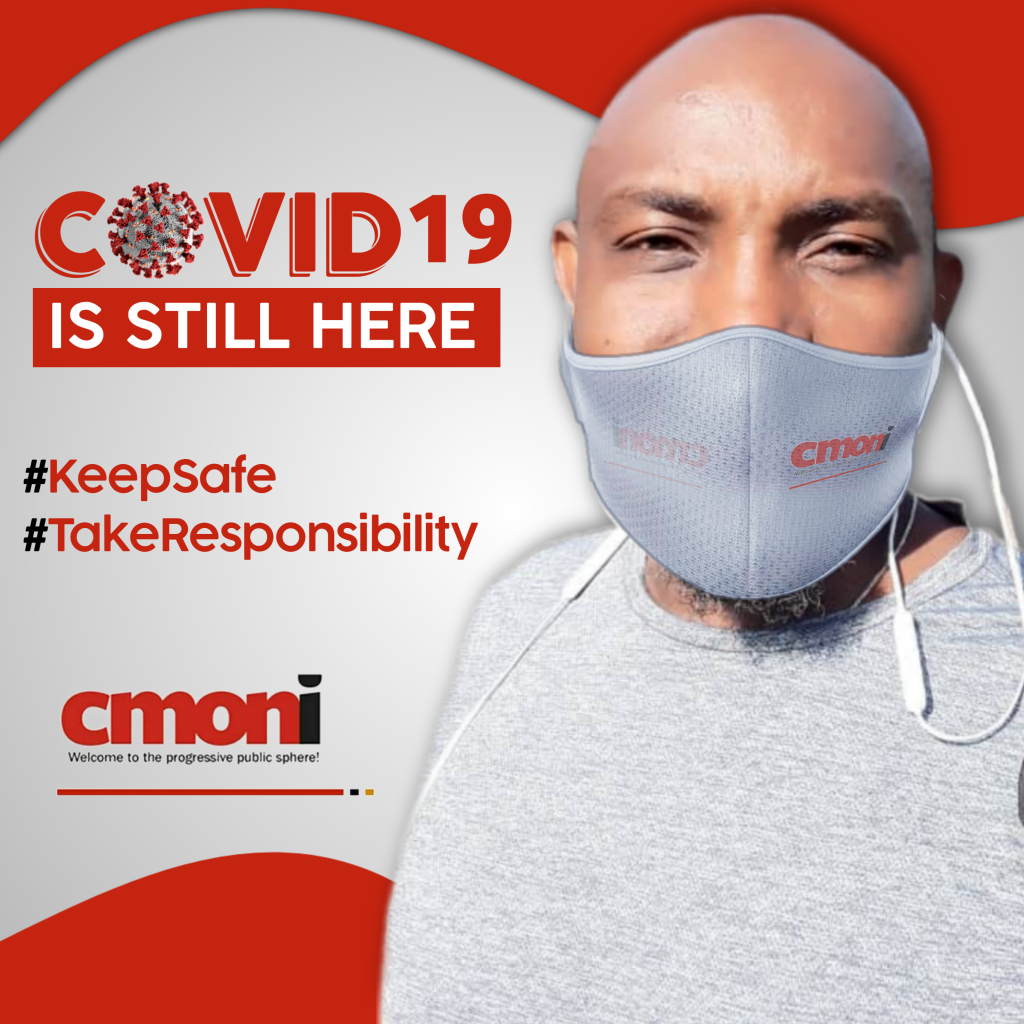The first time she did it, she held me against a wall and shaved my hair off. She said it made me look more like my mother and like the monster we both were. She then locked me in the store for a week, with nothing but my shaved hair spiraled on the dirty floor. When I called out, she screamed at me, saying, “Your mother had nothing but her hair to eat for months and still survived. You will survive too.” Uncle Tunde returned a day after she let me out, his husky body pushing through the entrance door. He stopped immediately he saw me, “what happened to you?” he asked.
“She stole,” she yelled, appearing out of thin air. “That’s what happened.”
Then his face changed from slight pity to rage. They said it is something of the blood; the anger they show, their thirst for blood and violence, their ever-increasing ache to put me at death’s altar. So right at the entrance there, he unbuckled his belt and stretched it out for me to see. It was a shiny leather belt, probably some weeks old and strong enough to hold a raging bull in place. “Her father was like that too,” he said, moving towards me ferociously. “He always stole as a child.”
So I laid on the table in the living room, my tender flesh biting into the dull ridges of the table as thunderous strikes landed on my back. It continued until his hand could no longer swing, and his slow body movements reminded him of the pangs of growing older. So he stopped where his body could no longer move on but not before he desecrated what was left of my lean body. I was a young girl, barely twelve years old, but the pain made it feel like I had lived longer. Like my parents hadn’t died some two years ago.
My father was the first to die. He worked in faraway North and came back every three months with more gifts than my hands could hold and goodies than my mouth could swallow at once. He had this smile that could soothe every heart. Every once in a while, most especially after receiving a beating from my aunt, he would appear in my dream, waving and smiling like he did while alive. He had returned from one of his trips sick and unable to eat anything. Three days later, he was on the hospital bed, inches from death. The doctors couldn’t find what was wrong, and it was in the haste to give meaning to his ailment that he gave up the ghost.
Then like ravenous scavengers, his siblings, uncles and those who had no eligible tie other than the fact they knew his first name and where his mother delivered him jumped into the scene. Their first point of attack was the doctor’s inability to give meaning to his ailment. They sobbed at his deathbed like they had borne the pain together. Some swept the floor with their rolling bodies, others merely shut the agony inside. Then they turned to my mother to give meaning to the inexplicability of my father’s ailment. And unrelenting were they in their pursuit.
They pounced on her as though she held the solution to half the world’s problem. They locked her in, stripped her of everything but her depleted humanity and asked her to confess her sins. They kept her in the dark for forty days and joked about whether she ate her hair to stay alive. Every time we visited the house, they would keep me close “so that I do not grow up to kill my husband too.” When the door to the house opened on the fortieth day, a horrible smell blew out in the open and somewhere in the dark laid my mother’s frail body, crouched in the dark and clothed with nothing but her thin flesh. She died two days later, barely human in form and mind.
The responsibility to keep me fell to my father’s immediate brother. He was everything different to who my father was. Where my father smiled, he frowned. Where he rubbed a child’s head after a misdeed, he cracked down heavy with horsewhips and curses. His wife was no better. They were a match ordained by the devil himself. And every act of wickedness they thought too much to be inflicted on their children, they caused to happen to me.
The second time she did it, it happened very early in the morning. It was barely dawn, and one couldn’t see what laid some metres away. The moon hid itself behind layers of dark clouds, thus impeding any possibility of a lumination. She entered my room and dragged me out of my bed. Crazy-eyed and the hairs on her head standing on their ends, she looked straight at my soul and asked me to “free her destiny from my grip.” Her husband entered after her, naked to the loins and restless like a raging bull. She dropped me and gave me a cautionary stare that said only one thing, “There would be no next time.”
I stayed in the room all day, unable to move from where they left me in the morning, crouched in the corner of the room with voiceless tears running down my face. We are created individually, my mother would say, for different purposes, for different journeys. That was her reply to everything; it was what she said when my father came back lean as a stick and when he took his last breathe. A day before she was forced inside the house and locked there to seek penance for causing my father’s death, she kept to it. “This is my journey,” she said, eyes heavy with tears “It is my purpose.”
For every second I stayed in my Uncle’s house, those were the words that roamed my head. It was my journey to live life like a savage, spared nothing but waves of unending suffering. But somewhere in my heart, I knew that couldn’t be all there was to my life. I couldn’t have been born to sit and weep by a corner day after day. So that night, when my aunt woke up with a scream in the middle of the night, I jumped out of my room through my window and ran into the consuming darkness. My feet, rimming against the stoned and cold floor, and taking me to the only place I ever felt serenity.
The night was as dark as gun powder. Blinding, eerie but better than the prospect of death at my aunt’s hand. I knew the tracks by heart, and despite the darkness, I found my way there. The graveyard was situated at the end of the town, secluded from the other part of the town. Every corner I took, there seemed to be a shadow following stealthily. There was danger at every corner, and worse, it was shield by the darkness. But I found my way. My overbearing heart ached for nothing more but the presence of my parents. I knew where my father was buried but not where my mother was laid.
I took the last turn into the cemetery and raced past the sleeping deads, concrete slabs, wilted flowers and a grave silence that filled the heart with dread and immediacy of death. But nothing more happened. Even when I found his grave arched around with concrete and with a tombstone that bore his name. On it, I laid, cold, scared, but in a comforting presence. One that once loved me.
Abdulrasaq Ariwoola is currently a 400 level law student at the University of Lagos. He has interests in creative writing and has previously published one of his short stories on The Kalahari Review. He can be reached via abdulrasaqariwoola@gmail.com








